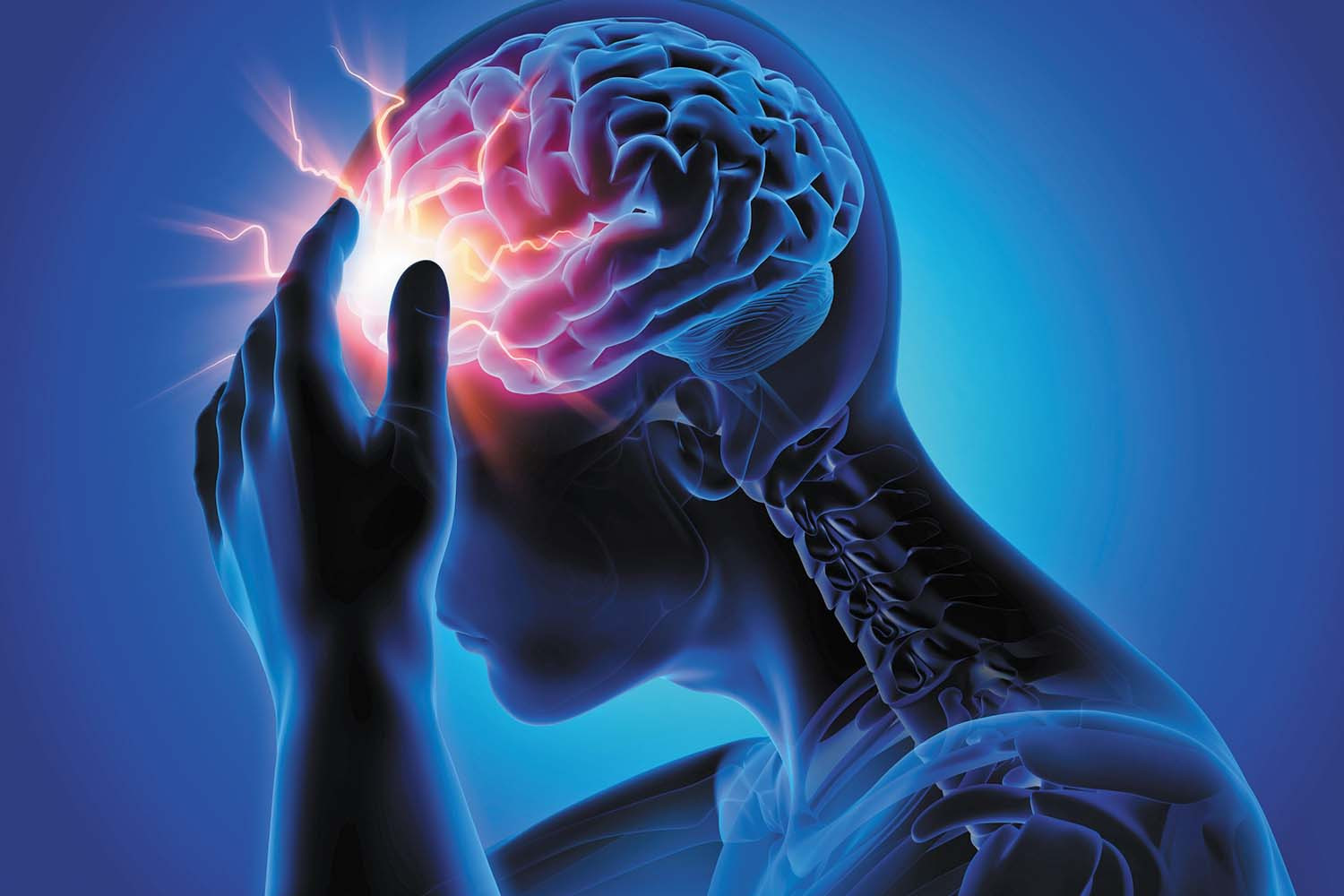
Driving with arthritis pain: Stay comfortable — and safe — behind the wheel

Daily cup of coffee may prevent afib recurrence

Gene-editing therapy lowers harmful blood fats in early study

What is EMDR therapy, and who can it help?

GLP-1 drugs versus bariatric surgery for treating obesity

Two dumbbells, three exercises, and 10 minutes

Easing the emotional burden of IBS

Modify your push-ups to meet your fitness level

What is long QT syndrome?

Stroke survivors may benefit from very low LDL levels
Addiction Archive
Articles
Feel like you should be drinking less? Start here
As research turns up new evidence about the harmful effects of alcohol, many people are considering the benefits of drinking less, even if they're not ready to give it up completely. If you are considering drinking less, these tips can help guide you.
5 myths about using Suboxone to treat opioid addiction
The medication Suboxone has helped many people who are addicted to opiates, but even within the addiction treatment community there are misunderstandings about this drug and its effects on the brain.
Ever worry about your gambling?
Recent changes in laws have made gambling widely accessible and popular. Uncontrolled gambling can have many kinds of consequences, some quite serious. A simple screening test for problem gambling and knowing the range of available resources can help people ward off the worst of these issues.
Thinking of trying Dry January? Steps for success
If you want to cut down on your alcohol consumption, or just want to start the new year on a healthy note, consider joining the Dry January challenge. Does a month seem like a long time? Here are steps you can take to improve your chances of success.
Beyond appetite suppression
Semaglutide (Ozempic, Wegovy), which mimics a natural hormone called GLP-1, has become a popular obesity drug because it promotes dramatic weight loss. New evidence suggests this drug and others like it may also curb compulsions for things other than food. The drugs may also dampen cravings for alcohol, smoking, gambling, and excessive shopping by hampering activation of the brain's reward pathways. If further research confirms preliminary findings, the demand for GLP-1 drugs is likely to increase.
Is online gambling harming you?
Online gambling is a popular and growing business, but for millions of Americans, what begins as occasional fun can lead to devastating problems. Trouble with gambling often builds gradually and severe gambling problems share risk factors with substance-related disorders.
Top 7 reasons you have a headache
Headaches can have many triggers from allergies to stress, or even hunger. Understanding headache triggers can help you avoid one in the future. Here's a look at the most common triggers for each kind of headache.

Driving with arthritis pain: Stay comfortable — and safe — behind the wheel

Daily cup of coffee may prevent afib recurrence

Gene-editing therapy lowers harmful blood fats in early study

What is EMDR therapy, and who can it help?

GLP-1 drugs versus bariatric surgery for treating obesity

Two dumbbells, three exercises, and 10 minutes

Easing the emotional burden of IBS

Modify your push-ups to meet your fitness level

What is long QT syndrome?

Stroke survivors may benefit from very low LDL levels
Free Healthbeat Signup
Get the latest in health news delivered to your inbox!
Sign Up










